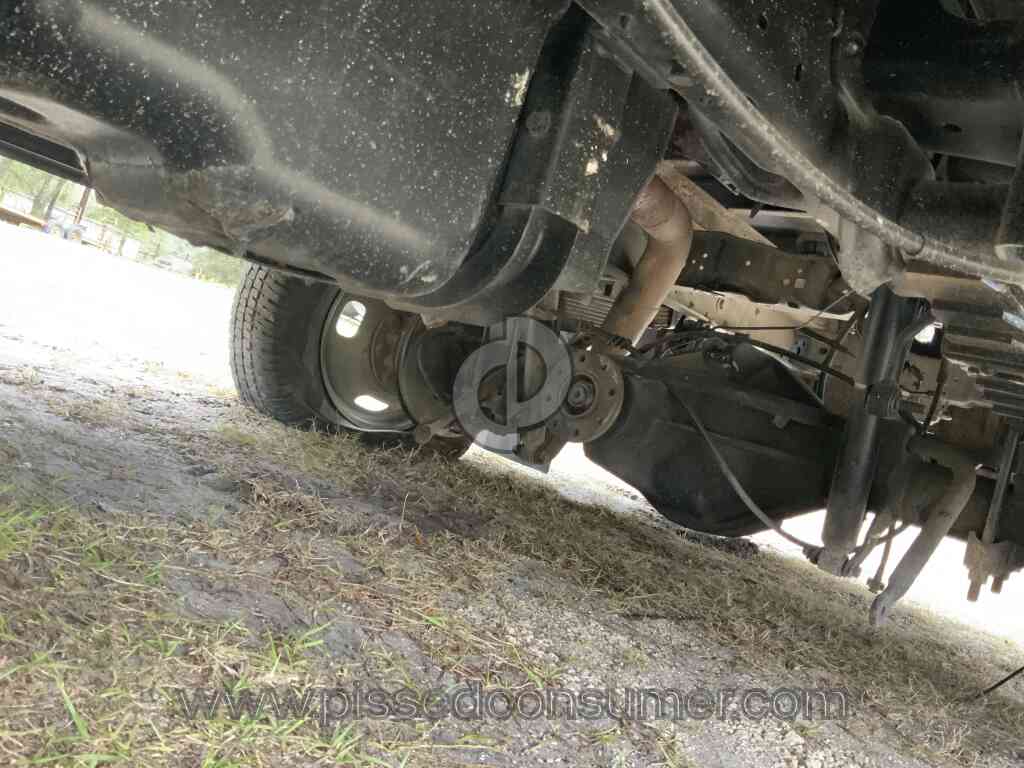I could live with that. What happens if i dont pay fof an item i won.

Buying With Copart Copart Faq S Copart Canada
What happens if i don t pay copart. If not paid within the 3 days a 50 late fee is assessed on each vehicle. Youll likely receive an unpaid item strike on your account. Copart however often gives a counteroffer then has until 6pm the next business day to force the original offer to you when you reject the counteroffer. I have one on file with them and seemingly cannot remove it. If you win and dont pay the item goes up for sale again as your property. I googled what happens if you dont pay copart.
I think the fee they have for not completing. The short answer to this question is. But im scared they will just charge my cc the fee. What happens when you miss payments. The payment deadline is 3 business days including day of sale funds must be received on copart account within the 3 day period. The most reliable payment method for international buyers is wire transfer.
If that happens you have to pay and of course its a very negative item on credit reports while this is uncommon youll want to avoid it at all costs. Copart will retain this deposit as security against unpaid invoices. From a few hits it was said they probably wont send a credit dept after you etc. Copart will return the deposit upon the members request if all invoices have been paid but the members account will remain suspended. They will charge storage for the time between sales and their sales percentage of the new selling price. A mortgage is essentially an agreement to pay the lender back for loaning you the money that you used to buy.
Its just mainly you wont be able to bid or use your account again unlessuntil you pay. Youll have violated the user agreement you signed agreeing to pay for any item you win or purchase. In the event the member fails to pay any invoice and the debt is past due copart will use the security deposit to satisfy the debt. If the creditor wins the case and you dont have the money to pay you may end up having to pay wage garnishments which can be up to 25 percent of your earnings depending.
















